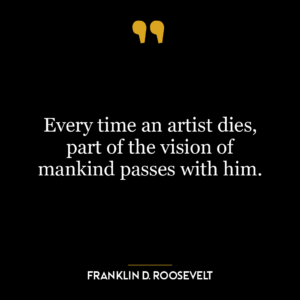This quote is a profound reflection on the paradox of life, particularly in relation to the concept of busyness and living. Seneca the Younger suggests that the more engrossed we are in our daily tasks, chores, or jobs, the less we are engaged in the act of truly living. Our preoccupation with busyness can distract us from experiencing life in its fullest sense.
The ‘busy man’ is a metaphor for those of us who are so caught up in the hustle and bustle of life, in our routines and responsibilities, that we forget to live. We become so focused on doing that we forget about being. In other words, we are so engrossed in our work, our tasks, our to-do lists, that we neglect the very essence of life – the experience of existence itself.
The second part of the quote, “there is nothing harder to learn,” refers to the profound difficulty we humans face in learning how to truly live. It is a struggle to learn how to balance our responsibilities and tasks with the act of embracing and enjoying life. It is challenging to learn how to pause, reflect, appreciate, and engage in the world around us when we are so often consumed by our busyness.
In today’s fast-paced world, this quote is even more relevant. We live in a society that values productivity and busyness, often at the expense of personal wellbeing and enjoyment of life. We are constantly connected, constantly working, and constantly busy, leaving little time for reflection, relaxation, or simply being present in the moment.
In terms of personal development, this quote can serve as a reminder to find balance in life. It suggests the importance of taking time to disconnect from our busyness and to engage in activities that bring us joy, fulfillment, and a sense of being alive. This might mean spending time in nature, practicing mindfulness or meditation, engaging in hobbies, or spending quality time with loved ones. It’s about learning to live, not just exist.














